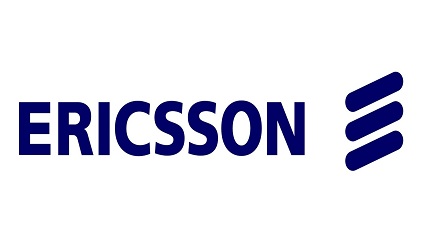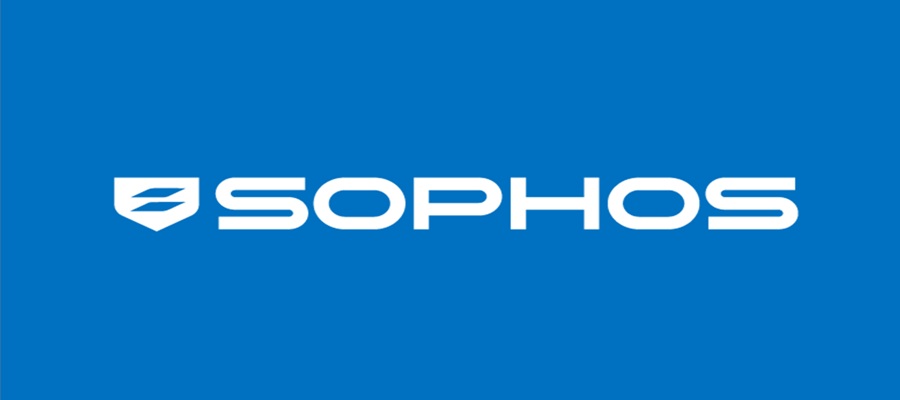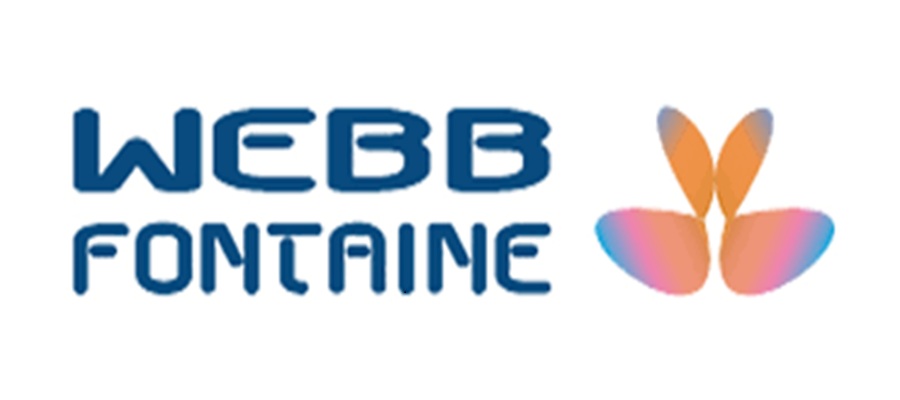Telecom
Ericsson First to Give Smartphone Users Indoor Boost with LAA

It is also believed that phone users spend more than 85% of their time indoors, however, a recent Ericsson ConsumerLab study conducted with more than 47,000 respondents across 23 countries revealed that only 41% are highly satisfied with their indoor experience when browsing or accessing social networks.
This drops to 36% for more data-heavy apps: watching video, TV or movies online.
Addressing this app coverage challenge, Ericsson has emerged the first Company to give smartphone users the benefit of concurrent access to both licensed and unlicensed spectrum, by delivering the first License Assisted Access (LAA) small cells.
LAA is an LTE-Advanced technology that can improve mobile data speeds and reduce congestion, benefiting all wireless network users.
Ericsson License Assisted Access, available in our small cell portfolio starting in fourth quarter 2015, enables carrier aggregation of licensed with unlicensed bands to effectively address growth in indoor data traffic.
Neville Ray, chief technical officer, T-Mobile US, Inc., said, “With our LTE footprint now covering 264 million Americans, we look to innovations like License Assisted Access to help us drive an even better, more differentiated wireless experience.
“There’s approximately 550 MHz of underutilized spectrum in the 5 GHz Unlicensed National Information Infrastructure (UNII) band and LAA is one of the technologies we plan to develop and use in our continuing efforts to provide our customers with superior network performance. We are excited to be working with major infrastructure partners, like Ericsson, to bring this technology to our customers in the near-future.”
Peter Jarich, vice president of Consumer and Infrastructure services, Current Analysis, also said, “In our discussions of future 5G networks, a number of themes are front and center: network function virtualization, small cell architectures, use of higher frequency bands, and licensed-unlicensed band aggregation.
“The License Assisted Access that Ericsson is integrating into its small cell portfolio clearly foreshadows this 5G future. Ultimately, it’s all about optimizing the network to support diverse consumer applications, diverse user locations (indoors and outdoors), and diverse device types – including future IoT (Internet of Things) demands.”
Using only 4% of the 5 GHz band, LAA can provide up to a 150 Mbps speed increase to smartphone users.
Each additional 4% of available spectrum used will increase the smartphone data speed further.
The LAA also incorporates fair sharing within the 5 GHz band, to accommodate traditional Wi-Fi users.
Fair sharing works on the principle that Wi-Fi and LAA users would have equal access to the spectrum.
Thomas Norén, vice president, Head of Radio Product Management, Ericsson, said, “Consumers, businesses and industries are all transforming through mobility, placing ever greater demands on finite spectrum resources. So, we are very focused on innovations that improve app coverage while making ultra-efficient use of spectrum. One of the great things about LAA is its ‘rising tide’ effect, increasing system capacity and making way for better service to all users in the area, whether they have an LAA-enabled device, or are using Wi-Fi or cellular access.”
By applying LTE standards to the 5 GHz spectrum also used for Wi-Fi, users enjoy the security, reliability and carrier-grade Quality of Service of LTE networks.
At the same time, all available wireless resources are optimized.
Ericsson is adding LAA to its indoor small cell portfolio including the Ericsson Radio Dot System for medium and large buildings and the Ericsson RBS 6402 Indoor Picocell for smaller buildings under 50,000 square feet.
Ericsson LAA builds on our leadership in both LTE-Advanced Carrier Aggregation and Wi-Fi/Cellular Real-Time Traffic Steering.
Ericsson is regarded as the driving force behind the Networked Society – a world leader in communications technology and services.
“Our long-term relationships with every major telecom operator in the world allow people, businesses and societies to fulfill their potential and create a more sustainable future.
“Our services, software and infrastructure – especially in mobility, broadband and the cloud – are enabling the telecom industry and other sectors to do better business, increase efficiency, improve the user experience and capture new opportunities.
With more than 110,000 professionals and customers in 180 countries, the Company combines global scale with technology and services leadership.
Telecom
Safer Internet Day: Sophos Warns – 42% Attacks Hit Stolen Logins in 2025

Sophos, a leading provider of innovative cybersecurity solutions, shared practical advice to help internet users safeguard their credentials and maintain continuous protection online.

Sophos
According to the upcoming Sophos Active Adversary Report, compromised credentials were the leading cause of attacks (42.06%) in 2025.
This is a strong trend that continues to dominate the scene, with cyber attackers demonstrating ever-increasing ingenuity and relying on new tools to compromise the security and privacy of internet users.
John Shier, Field CISO Threat Intelligence at Sophos, said: “The way attackers are using automation and generative AI to massively increase the speed and volume of their attacks suggests that attacks will become faster and more sophisticated. The best approach to protecting our identities and digital data is to take a proactive stance on defense.”
“Criminals are increasingly targeting people rather than devices, and this trend is expected to continue and even accelerate. Once again, AI is being used as a weapon to create highly detailed phishing lures to entice people to disclose passwords or financial information through well-designed emails, text messages, and WhatsApp messages.”
1. Keep your devices up to date: the most important and simplest measure you can take to protect yourself in the long term.
Cybercriminals are constantly on the lookout for computers that don’t have all the latest security patches, making them easy targets for compromise. This includes computers, laptops, smartphones, tablets, and home Internet/Wi-Fi routers. In most cases, you just need to click “Check for Updates” or “Update Now” and allow the device to restart.
2. Use a password management tool, whether it is built into an operating system or a third-party tool.
Password uniqueness and complexity are then managed automatically, greatly facilitating account isolation and protection.
3. Enhance protection with phishing resistant (MFA).
Many websites offer the option of using an “authentication app,” a smartphone app that displays a unique code for a short period of time, which must be entered after the password, making it much more secure than simply using a password.
Better still, there is a new solution called “passkeys,” which generally uses biometric authentication on your smartphone (face scan, fingerprint) to log in without any password. This is the best choice when available.
John Shier concludes: “Criminals will never stop trying to steal from us, so we must remain vigilant. We know that they are constantly improving and becoming more skilled at deceiving us, so it’s up to us to move forward and improve our protections to stay safe.”
For more information, please visit: https://www.sophos.com
Telecom
EU Eyes Interim Ban on Meta’s WhatsApp AI Restrictions

European Union has launched a formal challenge against Meta Platforms over a new policy restricting third-party artificial intelligence tools on WhatsApp.

Meta
Regulators accuse the U.S. tech giant of abusing its dominant position in the messaging market to favor its own AI assistant.
On January 15, Meta implemented changes to the WhatsApp Business API, allowing only its proprietary Meta AI to operate while blocking rival chatbots.
The European Commission quickly responded with a statement of objections and announced plans for interim measures to prevent “serious and irreparable harm” to competitors during the ongoing investigation.
EU antitrust chief Teresa Ribera stressed the need to safeguard competition in the booming AI sector. “We cannot allow dominant tech companies to illegally leverage their dominance for an unfair advantage,” she said.
Interim steps could force Meta to restore access for third-party AI tools on WhatsApp pending the probe’s outcome.
Meta defended the policy, insisting the WhatsApp Business API serves business-to-customer needs, not general AI distribution.
A spokesperson highlighted alternatives like app stores, devices, and websites for other AI options, rejecting claims that the API is essential for chatbots.
This dispute echoes actions elsewhere: Italy restricted Meta similarly last December, while Brazil recently lifted a comparable court order.
As AI integrates deeper into daily apps, the EU’s moves signal heightened scrutiny on tech gatekeepers.
Telecom
Webb Fontaine Unveils AI Customs Revolution at WCO Abu Dhabi Summit

Webb Fontaine has launched Webb Fontaine Zerø, a groundbreaking AI-powered Customs platform, at the 2026 WCO Technology Conference in Abu Dhabi, drawing over 1,500 delegates from 100+ countries.

Webb Fontaine
CEO Alioune Ciss unveiled the LLM-based concept during the keynote, calling it a “complete reset” from legacy systems – embedding AI across operations for real-time regulatory adaptation, risk management, and trade facilitation under the theme “Customs Agility in a Complex World.”
CTO Ara Shamirzayan led panels on AI risk analytics, while GM Anicet Houngbo moderated border digitalization talks showcasing emerging market successes.
The firm’s stand hosted Zerø demos, interactive sessions, and a sponsored gala dinner, reinforcing WCO ties via SAFE Framework and PSCG contributions.
Webb Fontaine eyes global partnerships to deploy agile, future-proof Customs tech amid rising trade demands.

 E-Financial2 days ago
E-Financial2 days agoAlawuba Advocates Security, Bankable Projects, Infrastructure Development to Promote South-East Vision

 E-Financial1 day ago
E-Financial1 day agoCBN Expresses Concern Over Foreign Investments in Nigeria Fintechs

 Telecom1 day ago
Telecom1 day agoNCC Committed to Regional Digital Integration – Maida

 General News1 day ago
General News1 day agoIndigenous Firm Deploys 400,000 Smart Electricity Meters in 2025

 E-Financial1 day ago
E-Financial1 day agoBOI Secures CBN Nod for Sharia Banking, Unlocks Ethical Funding Boom

 Telecom1 day ago
Telecom1 day agoITU Top Director Visits NITDA, Boosts Nigeria’s Digital Literacy Push

 E-Financial1 day ago
E-Financial1 day agoUBA’s Easy and Instant Account Opening Thrills Returnee

 News1 day ago
News1 day agoEFInA Unveils Research Fellowship Programme to Deepen Financial Inclusion Impact



























